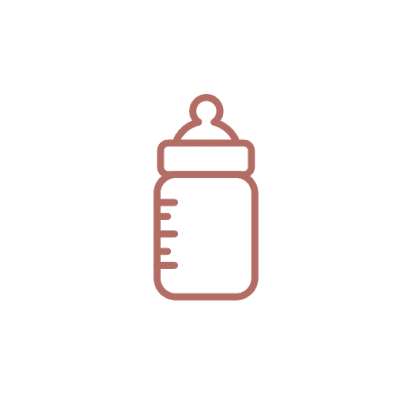Nutrition for Conception
Infertility affects 15% of couples. This can be very a difficult time for couples wanting to become parents. Often it is not a topic that is openly discussed and so the hurt of not being able to conceive and feelings of inadequacy remain. There are some nutritional factors that can improve the chances of conception.
Fertility treatment can be an expensive process and if this journey can be less difficult through lifestyle and dietary factors then it is wise to address those things which we do on a regular basis, such as eating. This is called taking the natural approach.
Here we will talk about three nutrients that are very important in using the natural approach to fertility.
Zinc
Zinc is a top nutrient when referring to fertility for both males and females. The role that zinc plays in fertility and pregnancy is it influences egg production, cell division in the embryo, tissue repair for both partners and foetus, promotes normal growth of the baby, maintains the membrane of the uterus and makes contractions efficient, generation of sperm, and also affect the unborn child’s heart rate and bone growth. This is not to mention all the things that zinc is important for in the diet not specifically related to fertility. Therefore we can see that zinc is important prior and right throughout pregnancy. Zinc can be found in foods that are also sources of protein, high levels can be found in oysters, beef, lamb, but also in yoghurt, pumpkin and sunflower seeds.
Vitamin C
As with any healthy food intake, prospective parents want to have a high consumption of fruit and vegetables. These provide antioxidants such as vitamin C. Vitamin C improves the chances of pregnancy of non-smoking women. It strengthens members and can be protective against early labour. Vitamin C supplementation may also provide a protective effect against the maternal age and offsets the “ageing” effect of the egg with the age of the woman. Vitamin C can be found in all fruits and vegetables but high levels are in guavas, red chilli, red capsicum, parsley, and broccoli. As this is a water soluble vitamin it means that toxicity is very rare and doses up to 2000mg is safe for adults.
Folate/Folic Acid
Folate (natural form) and folic acid (the supplemental form) is probably the most widely discussed nutrient related to pregnancy. This is important for the foetal growth and development in the early stages. In the first 25 days after conception the spine and brain begin to develop. Supplementing with folic acid prior to and during the first trimester can decrease the likelihood of things not forming correctly by 70%.
Improving the chances of conception is important to take place for both the male and female. The ideal time to implement these natural approach methods into your lifestyle is 6 months prior to wanting to conceive. At the minimum 3 months is recommended as this is the time that it takes for a sperm to develop to the stage at which it is actually capable of fertilising an egg. So it makes sense that those sperm are given the best nutrients over their lifespan to make them strong and viable.
For a confidential appointment to discuss your nutrition to improve your chances of conception, or to ensure you are fuelling your body best for pregnancy please contact the author (Sheena) directly.
For more information please contact
Sheena Burnett
Fit 4 Consumption
Nutritionist & Personal Trainer
BCApSc
http://www.facebook.com/Fit.4.Consumption
![]() 021 152 3262
021 152 3262









